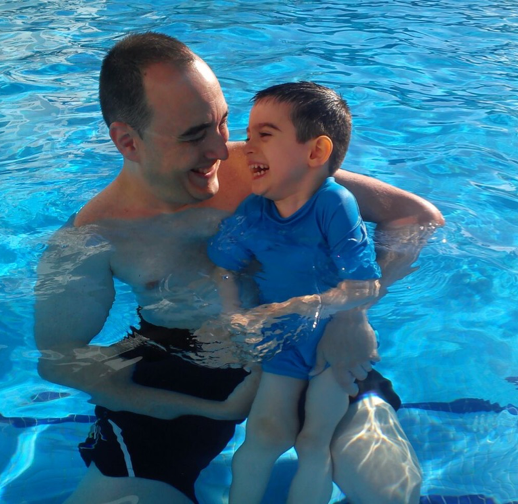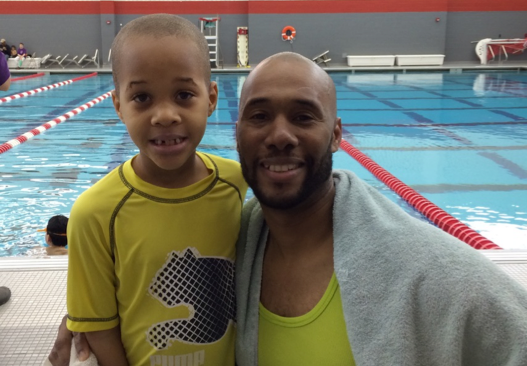What Does Your Child Really Want? Here’s a great idea – ask him!
Children Respond To Questions
Whether you have an 8-month-old who uses the birth cry to ask for something, or a 6-year-old screaming at you, knowing what your child really needs and wants can be a challenge. Children respond to questions – if you ask different questions, you will get your answer.
Mothers really want to know: What does my child really need? What does he really want? Mothers often agonize over what new reading words would be best. What print size is best right now? Are these new homemade books sophisticated enough? The heart of a great program for you child is knowing what your child really wants every time.
Here’s a great idea – ask your child.
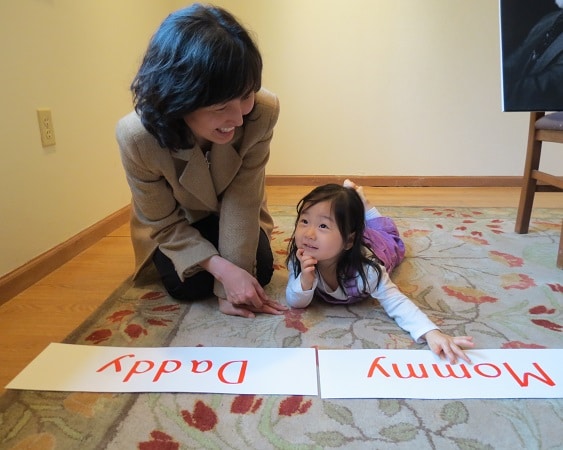
Loaded question: “Who do you love?”
Loaded answer: “Well, let me think about that!”
Yes, ask.
Your child is the leading authority in the world on what she needs and wants. Ask her–she will tell you. Children always know what they want but they very often cannot express it. Retrieval is a tricky business. Very young children cannot always retrieve the word they want when they want it. Their ideas come quickly but the words do not. Sometimes they have no words at all yet, but they have big ideas and many needs. This creates frustration, which is only deepened by the fact that grown-ups are not good listeners and are often not very willing to wait for an answer. But children respond to questions – try it and see.
Can we blame the child for using the birth cry to get what he wants? It always gets our full attention immediately. When he uses a more civilized attempt to communicate, often it is missed or ignored.
Children Respond To Questions, Not Anger
How can we change this?
A simple question and a choice board can help enormously.
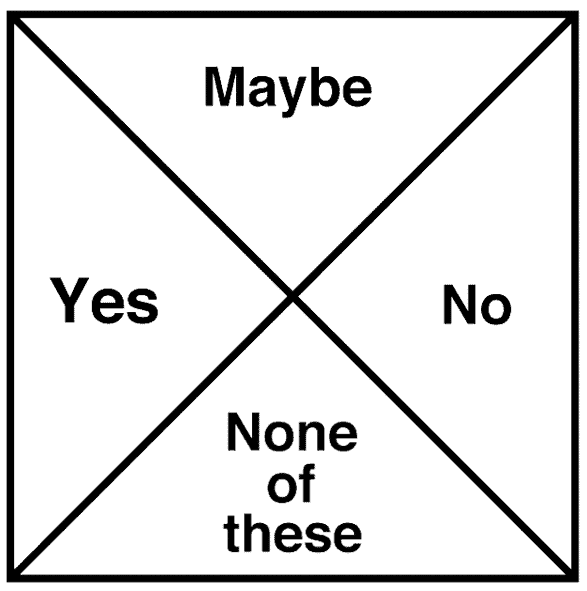
Question: Are you hungry?
We quietly say to the screaming child, “Are you hungry?” Then we hold up a little choice board with “Yes,” “No,” “Maybe,” and “None of these” written on it in large print. We gently move his hand to touch each word and ask, “Is it “Yes,” “No,” or “Maybe?” Now we bring his hand back and let him choose. He chooses “None of these” we say, “OK, thank you for helping me find out what you need.”
We make a second choice board with “thirsty,” sleepy,” and “other.” Again, we move his hand to each word as we say them, then bring his hand back and let him choose. He chooses “sleepy.” “Are you sleepy?” we ask. Then we hold up the right hand and say “Yes” and the left hand and say “No,” and he immediately looks at the right hand. “Ok, let’s take a little nap together!” He is now content and happy to take a little nap.
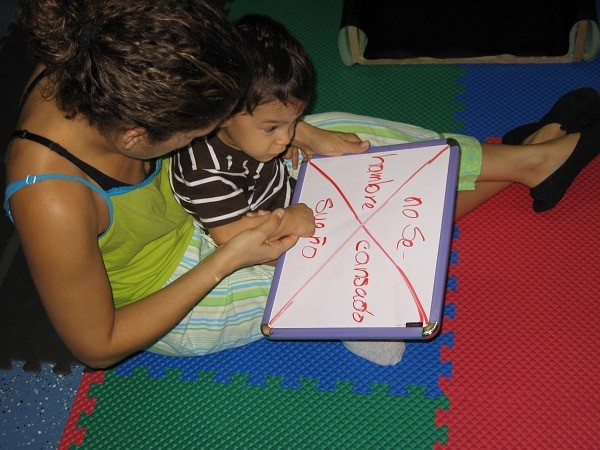
Mother asks, “What is Wrong” and gives the choices of “I don’t know,” “hungry,” “tired,” and “sleepy.” The child chooses “sleepy.”
Problem solved, case closed. Try this approach next time and you’ll see – children respond to questions.
Our mothers often use little white erasable boards so that they can quickly and easily keep changing the choices to find out what their child wants. This is not substitute for speech but rather a powerful bridge to develop it. Giving choices enhances the development of language and increases the willingness and desire to communicate.
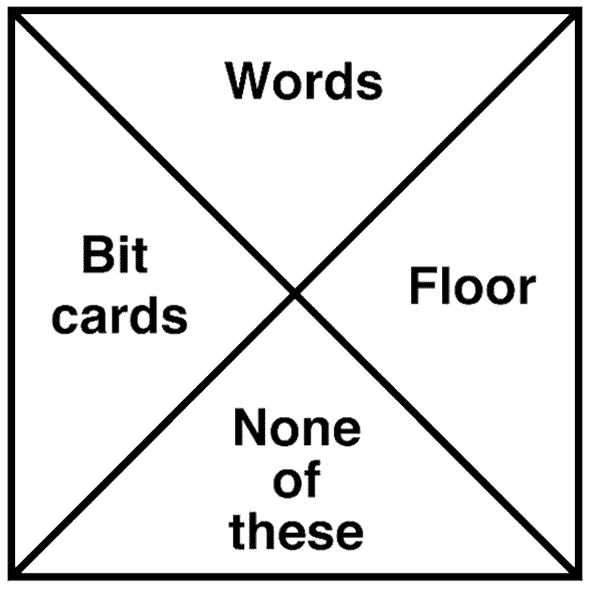
Question: “What would you like to do next?”
It opens the door to better communication so that mother is really certain she is doing what is right for her child. No more guessing. Those reading words she is teaching now were chosen by the child, the print size is the one he picked, and she knows that the homemade book she created last week was a hit – it got five stars on the choice board!
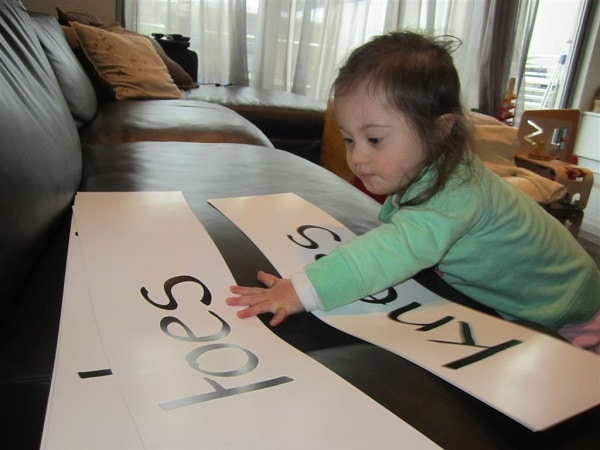
Question: “Which word is your favorite?”
Answer: “Toes”
CHALLENGE: This week, when your child is crying or angry, make a little choice board. Be gentle, be patient, and trust your child. She is a very bright little girl and she knows what she wants. You are pretty bright too, aren’t you? Be a good detective and find out what she wants. Don’t give up. Write and tell us how you do.
LEARN MORE:
- Read Chapter 14, Language Development, in “How Smart Is Your Baby?”
- Attend the “How To Multiply Your Baby’s Intelligence” Course
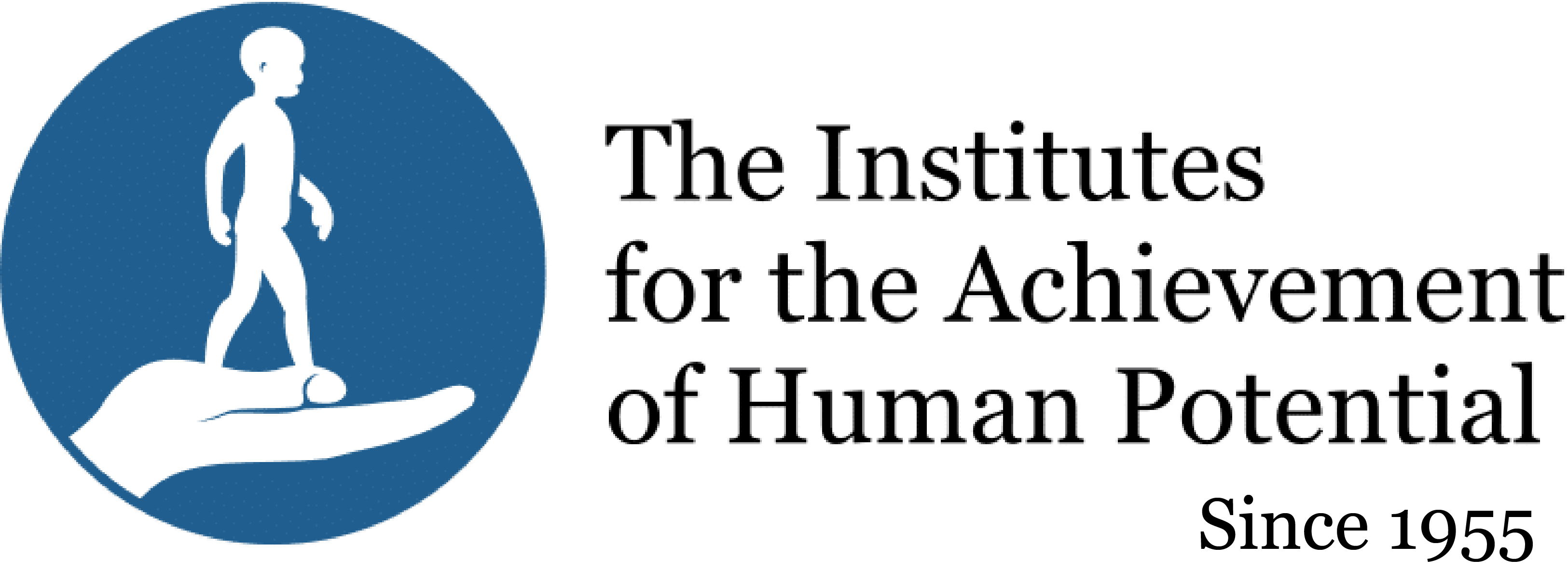
 Donate
Donate




